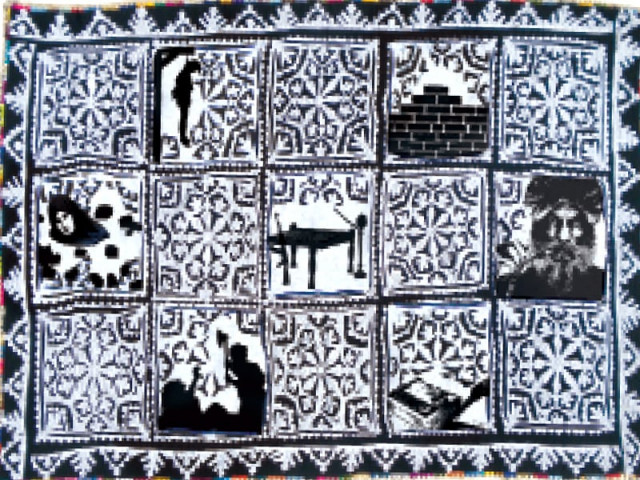Suo motu case: SC reserves verdict on jirgas in Sindh
No jirgas took place recently nor were girls bartered, court told.

The Sindh High Court had declared jirga as illegal in 2005 but the practice continues despite hue and cry from the human rights organisations. Jirgas are assemblies of community elders that take decisions by consensus, particularly among the tribal people, to settle disputes within their communities.
Chief Justice Iftikhar Muhammad Chaudhry had initiated suo motu proceedings after he went through recent newspaper clippings about two jirgas deciding the fate of minor girls in Sindh.
Earlier this week, the tribal courts had ordered giving four girls to the rival communities to settle personal enmities.
On Friday, the case was fixed before a three-member bench, headed by Justice Anwar Zaheer Jamali. The case was, however, heard in the chamber later.

As the court initiated proceedings, Advocate General Abdul Fattah Malik said that according to police reports, the four girls - reported to have been bartered to settle personal enmities - had in fact “married of their own choice”.
Malik also submitted the report of police officers from the relevant districts. The judges have taken the police reports on record and reserved their verdict that will be announced later.
Published in The Express Tribune, December 1st, 2012.



















COMMENTS
Comments are moderated and generally will be posted if they are on-topic and not abusive.
For more information, please see our Comments FAQ